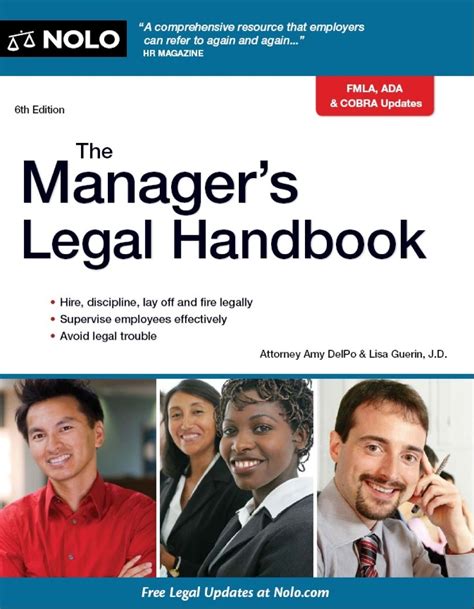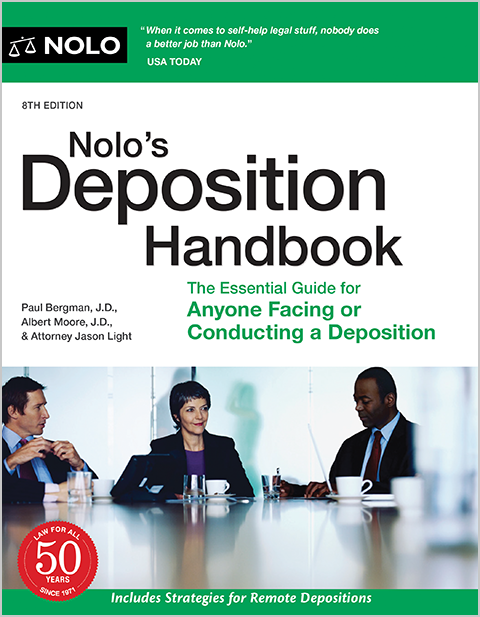Criminal procedure is a critical aspect of the legal system, guiding how criminal cases are processed from investigation to resolution. Understanding the basics of criminal procedure is essential for anyone involved in or affected by the legal process, whether as a defendant, victim, or legal professional. This comprehensive guide will provide an overview of the stages of a criminal case, key legal rights and protections, the roles of legal professionals, and common terminology used in criminal procedure. By grasping these fundamental concepts, you will be better equipped to navigate the complexities of the criminal justice system and ensure that justice is fairly and accurately administered.
alijyun.com will guide you through an in-depth exploration of this topic.
1. Introduction to Criminal Procedure
Criminal procedure refers to the framework of rules and guidelines that dictate how criminal cases are investigated, prosecuted, and adjudicated within the legal system. It encompasses the entire process, from the initial investigation of a crime to the final resolution of the case, whether through a trial, plea bargain, or dismissal. This procedure is designed to ensure fairness, protect the rights of individuals involved, and maintain the integrity of the justice system. Key elements of criminal procedure include the investigation phase, where law enforcement gathers evidence, the charging phase, where formal accusations are made, and the trial phase, where the case is argued before a judge or jury. Each step in the process is governed by specific legal standards and protections, such as the right to a fair trial, protection against self-incrimination, and the right to legal representation. Understanding these procedures is crucial for navigating the criminal justice system effectively and ensuring that justice is served.

2. Stages of a Criminal Case
A criminal case progresses through several distinct stages, each serving a specific purpose in the pursuit of justice. The process typically begins with the investigation, where law enforcement gathers evidence and identifies suspects. If sufficient evidence is found, the case moves to the charging stage, where the prosecutor formally accuses the suspect of a crime by filing charges.
Following the charges, the case enters the pretrial phase, which includes hearings on bail, motions to dismiss, or other legal matters. During this stage, plea negotiations may occur, where the defendant might agree to plead guilty in exchange for a reduced sentence. If no plea agreement is reached, the case proceeds to trial, where evidence is presented, and a verdict is rendered by a judge or jury.
If the defendant is found guilty, the case moves to sentencing, where the appropriate punishment is determined. Finally, the appeals process may follow, allowing for review and potential reversal of the verdict.

3. Key Legal Rights and Protections
In the criminal justice system, individuals are granted key legal rights and protections designed to ensure fairness and prevent abuses of power. One of the most fundamental rights is the right to a fair trial, which includes the right to be heard by an impartial judge or jury and the right to present evidence in one’s defense.
Additionally, the right against self-incrimination protects individuals from being forced to testify against themselves. The right to legal representation ensures that defendants can have a lawyer present to advocate on their behalf, regardless of their financial status.
The right to remain silent, as protected by the Fifth Amendment, allows individuals to refuse to answer questions that could incriminate them. The right to be free from unreasonable searches and seizures ensures that law enforcement must obtain a warrant before conducting searches. These protections are essential for maintaining the integrity of the legal process and safeguarding individual freedoms within the criminal justice system.

4. Roles of Legal Professionals in Criminal Cases
Legal professionals play critical roles in ensuring that criminal cases are handled justly and efficiently. Each legal professional involved has specific responsibilities that contribute to the overall functioning of the criminal justice system.
The prosecutor is responsible for presenting the case against the defendant. They review evidence collected by law enforcement, decide whether to file charges, and represent the state or government in court. The prosecutor’s goal is to prove the defendant’s guilt beyond a reasonable doubt while ensuring that the legal process is fair.
The defense attorney, on the other hand, represents the defendant. Their role is to protect the defendant’s rights, challenge the prosecution’s evidence, and provide a robust defense. This can involve negotiating plea deals, filing motions, and representing the defendant during trial.
Judges oversee the legal process, ensuring that the law is applied correctly. They make rulings on motions, determine the admissibility of evidence, and, in non-jury trials, decide the outcome of the case. In jury trials, the judge instructs the jury on legal standards and ensures that the trial proceeds fairly.
Additionally, law enforcement officers are responsible for investigating crimes, collecting evidence, and sometimes testifying in court. Together, these professionals ensure that criminal cases are handled with integr
5. Common Terminology in Criminal Procedure
Understanding the common terminology in criminal procedure is crucial for navigating the legal system effectively. Here are some key terms:
Arraignment: This is the initial court appearance where the defendant is formally charged with a crime and enters a plea of guilty, not guilty, or no contest.
Bail: Bail is a set amount of money or property that a defendant can pay to be released from custody while awaiting trial. It ensures that the defendant returns for their court dates.
Plea Bargain: A plea bargain is an agreement between the prosecutor and the defendant, where the defendant pleads guilty to a lesser charge in exchange for a more lenient sentence or the dismissal of other charges.
Indictment: An indictment is a formal charge issued by a grand jury, stating that there is enough evidence to bring the defendant to trial.
Discovery: The process by which both the defense and prosecution exchange evidence and information before trial. It ensures that both sides have access to the same evidence.
Verdict: The final decision made by a judge or jury on whether the defendant is guilty or not guilty.
Familiarity with these terms helps in understanding the steps and procedures involved in a criminal case.
6. Conclusion: Importance of Understanding Criminal Procedure
A thorough understanding of criminal procedure is vital for anyone involved in or affected by the criminal justice system. This knowledge empowers individuals to navigate the complexities of a criminal case, whether they are defendants, victims, or legal professionals. By understanding the stages of a criminal case, key legal rights and protections, the roles of various legal professionals, and the common terminology used in criminal procedure, one can better ensure that justice is served fairly and equitably.
Criminal procedure safeguards the rights of all parties involved and maintains the integrity of the legal system. It provides a structured process that upholds the principles of justice, ensuring that every individual receives a fair trial and that legal decisions are made based on sound evidence and legal standards. Informed citizens and legal professionals contribute to a more transparent, just, and effective criminal justice system. Ultimately, understanding criminal procedure is essential for protecting individual rights and fostering trust in the rule of law.
alijyun.com

